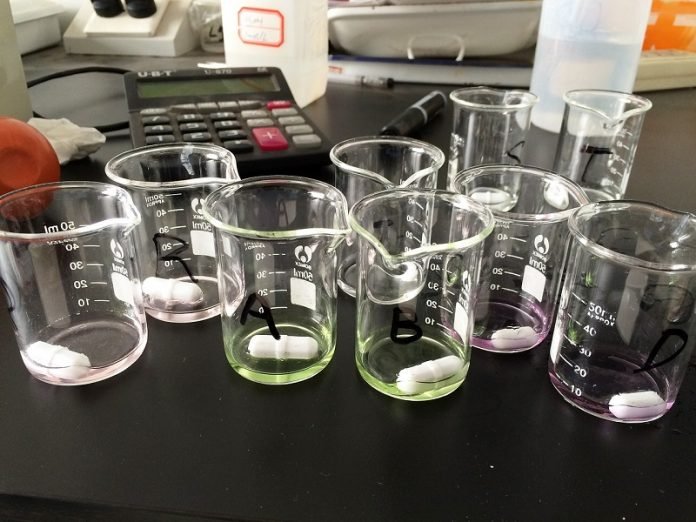
In a new study, researchers have developed a new sensor that can help detect lanthanides, the rare earth metals.
The rare earth metals are often used in smartphones, batteries of electric cars, satellites, and lasers.
The research was conducted by a team from Penn State.
Previous research has shown that the rare earth metals are challenging and expensive to extract from the environment or from industrial samples.
In the new study, the sensor can change its fluorescence when it binds to the rare earth metals. It can detect tiny amounts of lanthanides in a sample.
The sensor was developed from a protein they recently discovered. The team replaced the part of the sensor that binds to calcium with the new protein, which is several million times better at binding to lanthanides than other metals.
The new sensor allowed the team to detect the total amount of lanthanides in a sample rapidly and inexpensively.
The team also used the sensor to examine the biology of a type of bacteria that uses lanthanides.
They suggest that it could offer a more efficient way to detect the rare earth metals.
They hope that future work may keep improving the sensor for collecting lanthanides for use in current technologies.
The senior author of the study is Joseph Cotruvo, Jr., professor of chemistry at Penn State.
The study is published in the Journal of the American Chemical Society.
Copyright © 2019 Knowridge Science Report. All rights reserved.



